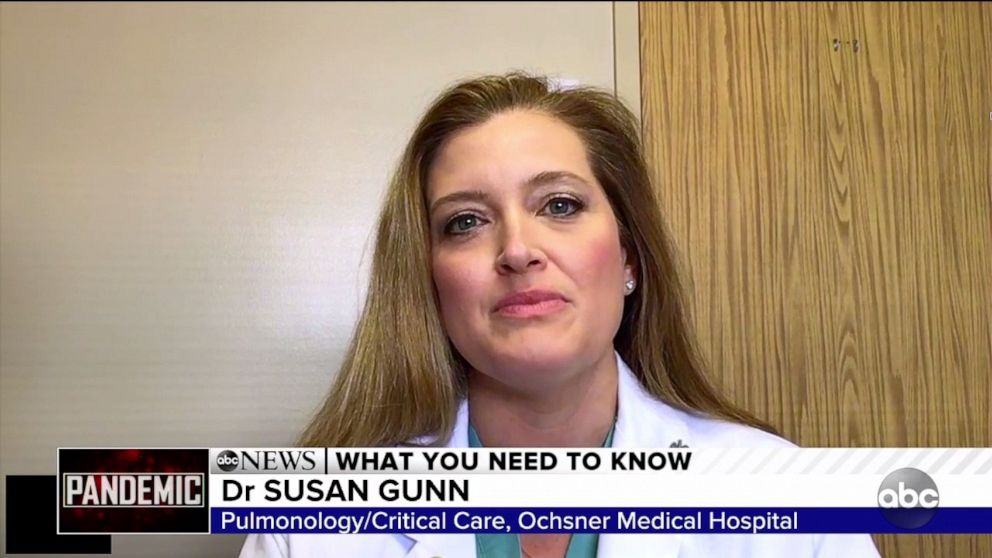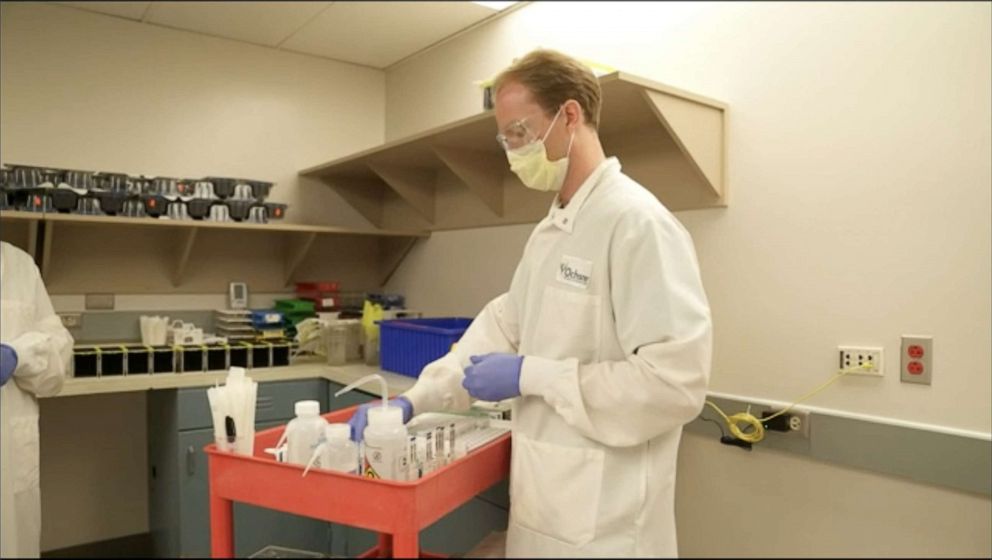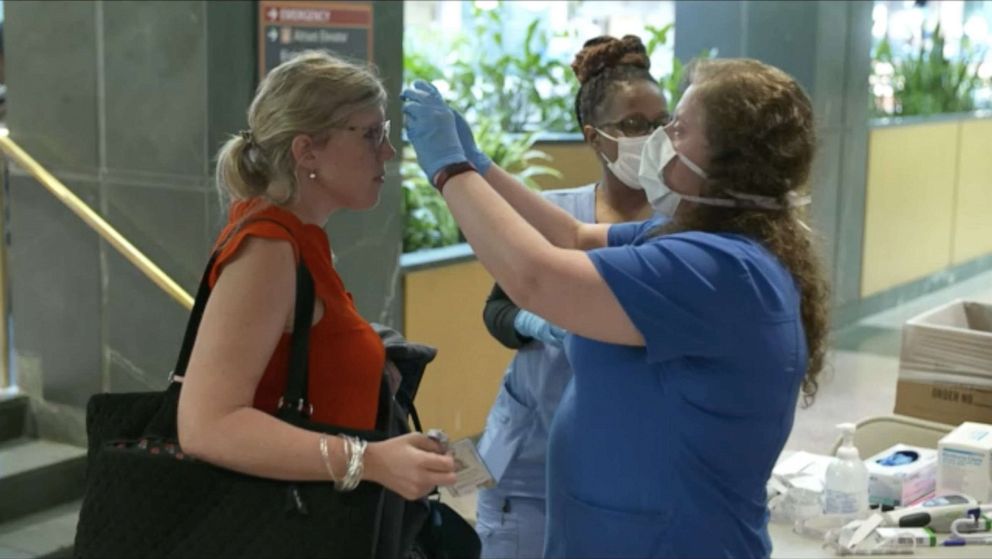New Orleans doctor on how city is dealing with becoming a COVID-19 hot spot
New Orleans has become a hot spot for the novel coronavirus in the U.S. just one month after its Mardi Gras celebrations drew over a million people to the streets to celebrate.
“We understood, once COVID arrived, why it came when it did,” Dr. Susan Gunn, who works in pulmonology and critical care at Ochsner Hospital, told ABC News. “Now, college kids are back from spring break, which may cause another spike.”
New Orleans had at least 1,480 cases of COVID-19 and 86 deaths by Monday afternoon, and the numbers are climbing by the minute.

A city built on nightlife, food and music is now shuttered. Gunn says it’s for the best.
“The streets of New Orleans are empty. We're doing a good job with social distancing,” she said.
Gunn added that she’s more concerned for people who’ve tested positive for the virus and must live at home with others.
“If those COVID-positive patients are quarantining themselves at home and are truly self-isolating in a room, coming into contact with no one, we may have a chance to flatten or lessen the curve," she said. "But if these positive patients are still surrounded by family, then the numbers will continue to rise."
Though she acknowledged her city has seen a spike in cases, Gunn offered an encouraging message about the local health care system’s ability to manage the stress.
“We can absolutely treat everyone who needs to be treated,” Gunn said.

She said they are taking percautions to make sure the space needed to treat COVID-19 patients continues to be available.
“We obviously have concerns that we will reach capacity. We started converting our convention center to a COVID hospital," she said. "I was also recently told to start discharging patients who do not need to be in the ICU so we can continue to give treatment to those in need."
For now, Gunn said they have enough supplies to handle incoming patients and that they're able to get more as they need them. "We don't have an abundance, but we have enough," she said.
In addition to shipments of gowns and N95 masks that arrive daily, Gunn said they're using 3D printers to prototype professional-grade face shields and UV light to sterilize equipment. They're also redirecting personal protective equipment for other uses to be used on the front lines against the novel coronavirus.

“We're consolidating labs. We knew we were doing too many labs and too many X-rays on a daily basis. This will change the management of care going forward,” she said. “The perception is that supplies are low, but they're not gone. We have more coming every day.”
Gunn also praised innovations like telemedicine to monitor ICU beds, saying they're a major asset to fighting the novel coronavirus in New Orleans.
“I do think that we are a hotspot, but we're not the next biggest one. We simply do not have as large of a population as places like New York and Washington,” she said. “We're a relatively small city, but we are very busy. We're working to create beds every day for our patients.”



